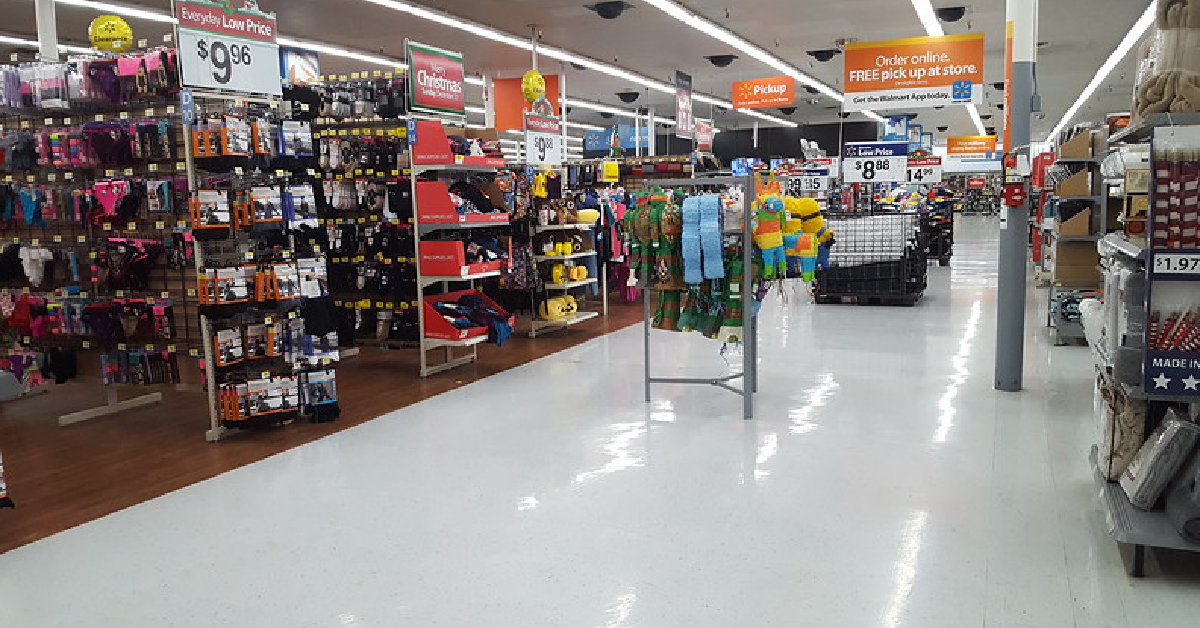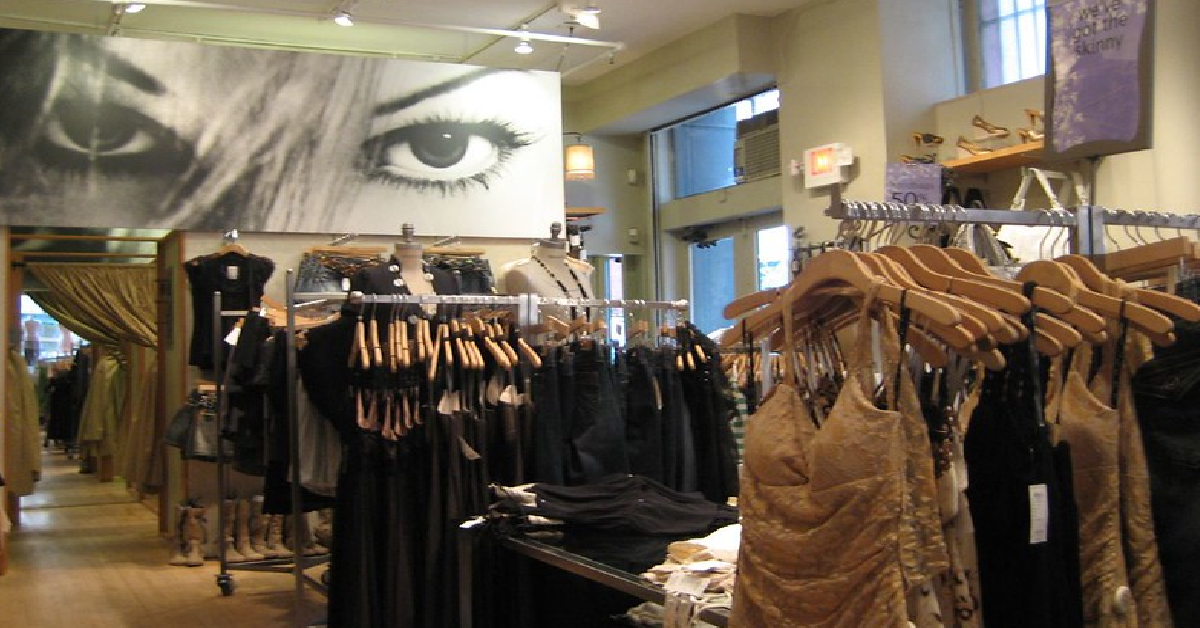Something that is sometimes done and often a blind eye is turned to it is wearing clothes and then returning them for a refund. The question has been asked in a study involving 2000 adults as to whether this is a crime, and almost half of those polled think that it is.
According to Business Insider, the 2000 adults that were used in this study were asked about their views of policy abuse. They were also asked about friendly fraud, such as when somebody requested a chargeback from the bank.

In the end, 46% of those who were questioned thought that returning clothes after wearing them for an occasion for a full refund is a serious legal offense. This is something that is done at times and is known as wardrobing.
Another potential crime had approximately 40% of those responding. This includes taking advantage of free trial subscriptions and customer discounts.
When you compare this to dining and dashing, which 44% thought was a serious crime, it really starts to show people’s understanding of what is going on. It was also on par with 45% who thought it was a crime to secretly record someone else.

Forter is responsible for the poll, which was conducted by OnePoll, according to 72 Point U.S.. It looked into how various scenarios would cause people to consider it either a fraud or perhaps just a harmless happening.
One of the potential problems was creating a number of email accounts to use a free trial subscription more than once. This was considered fraud by 25% of those who were questioned. 24% said that they had disputed or canceled a purchase even though they had the order fulfillment.
When presented with certain hypothetical situations, such as return abuse, where you’re returning a perfectly good item or faking a receipt, it triggered some interesting data. Some people felt more comfortable returning certain larger items, such as cell phones, clothing, electronics, kitchen appliances, and home essentials.

39% of those questioned said that the potential recession would sway their likelihood to commit friendly fraud. 36% of those said they would not engage in those activities and 25% were neutral.
Most people feel that it is always wrong to steal from small, family-operated stores or big chain stores, with 80% and 76% responding respectively. On the other hand, 14% and 11% responded that they felt it was okay to steal from those retailers.
If an unpleasant retail experience is encountered, 35% thought that if chargeback was reasonable. They would rather have the bank go through the trouble than try to go through it on their own.

That being said, 67% of those questions had never disputed a charge card charge when it was legitimate and 27% did.
Those respondents also had something to say about what would make it better. 55% thought that good customer service would solve the problem, 53% said a speedy refund, 36% said credit or points, and 35% said offering a free item was the best option.












